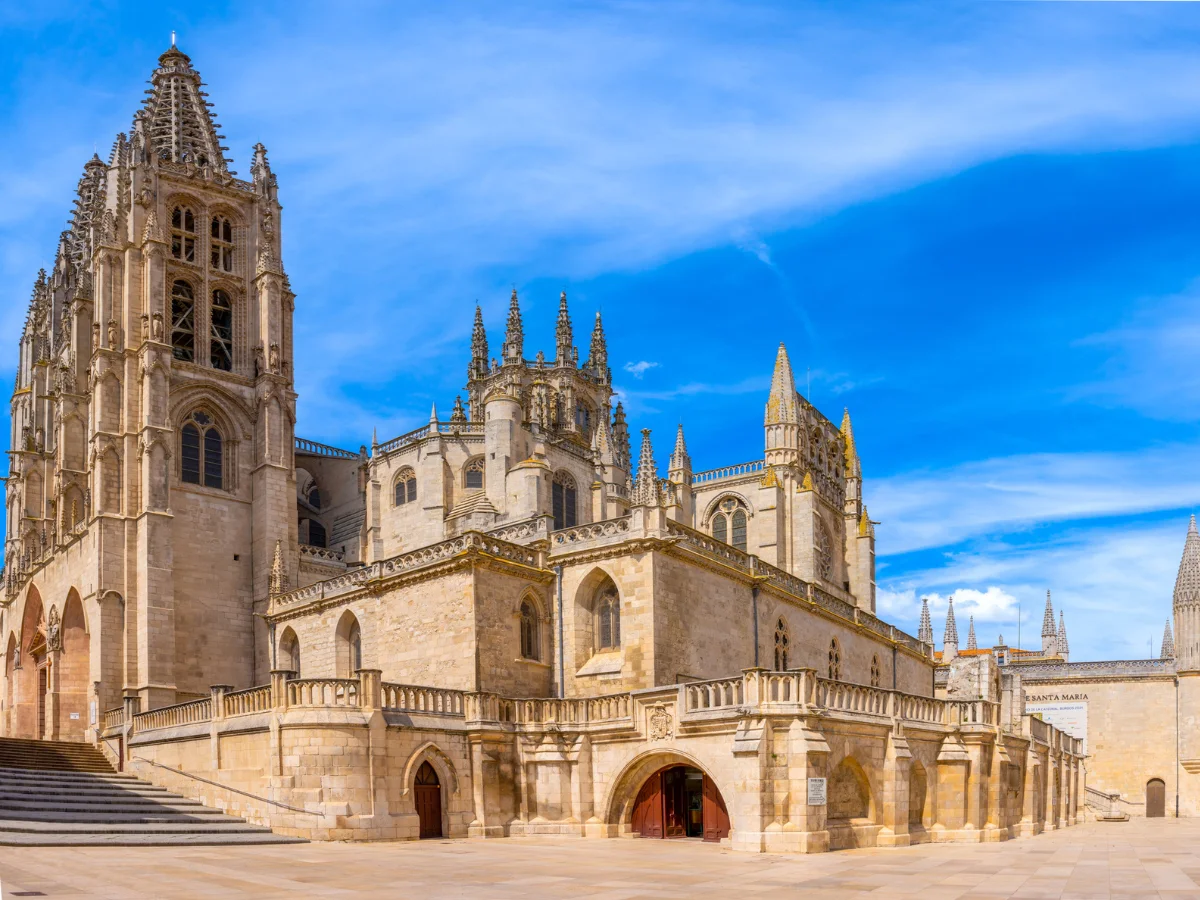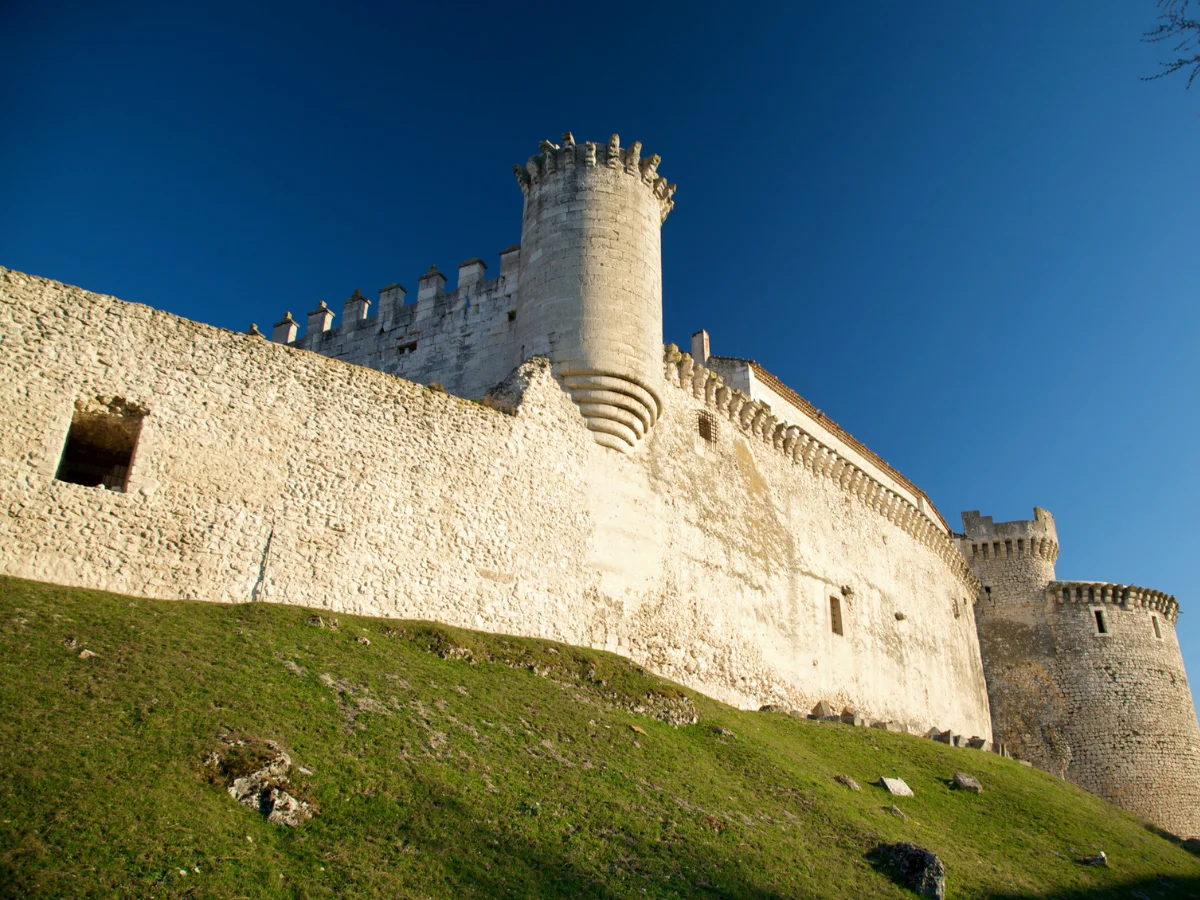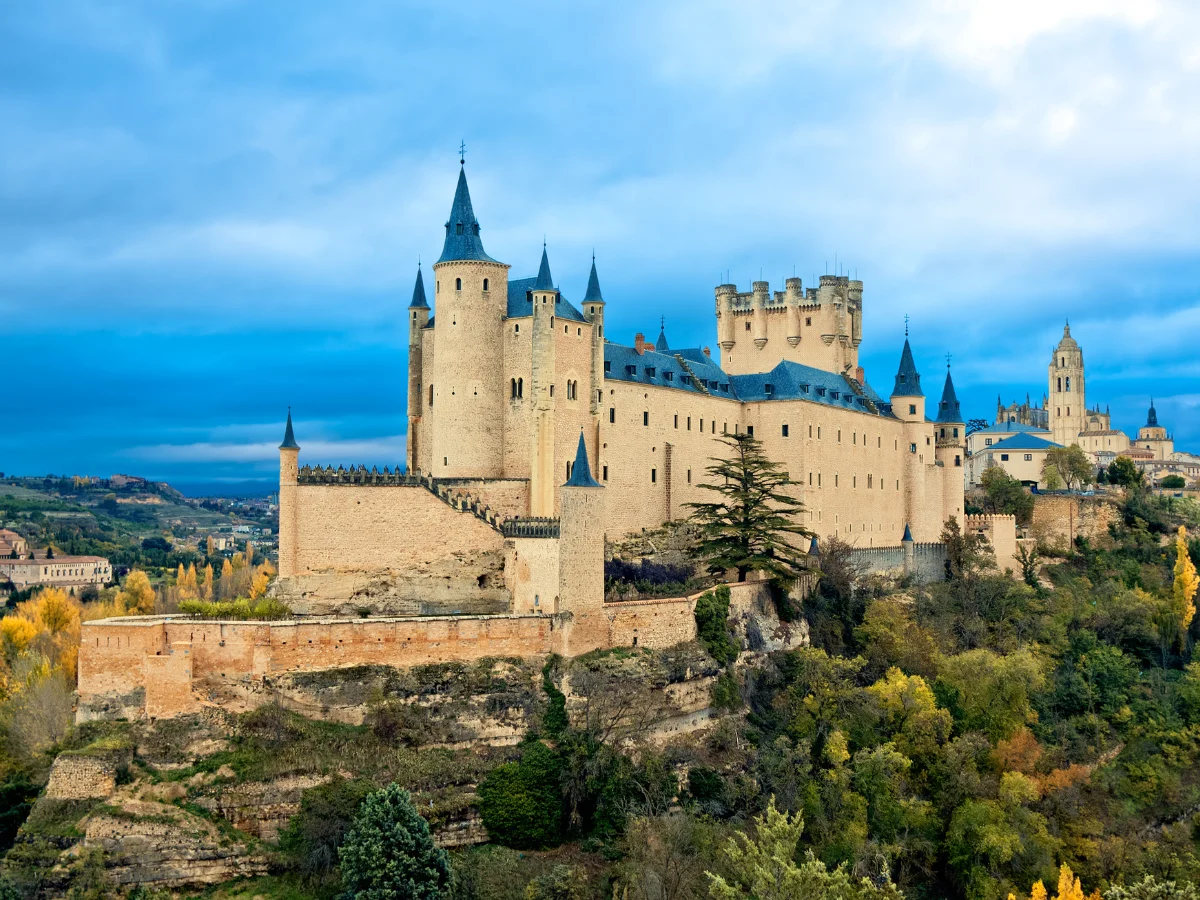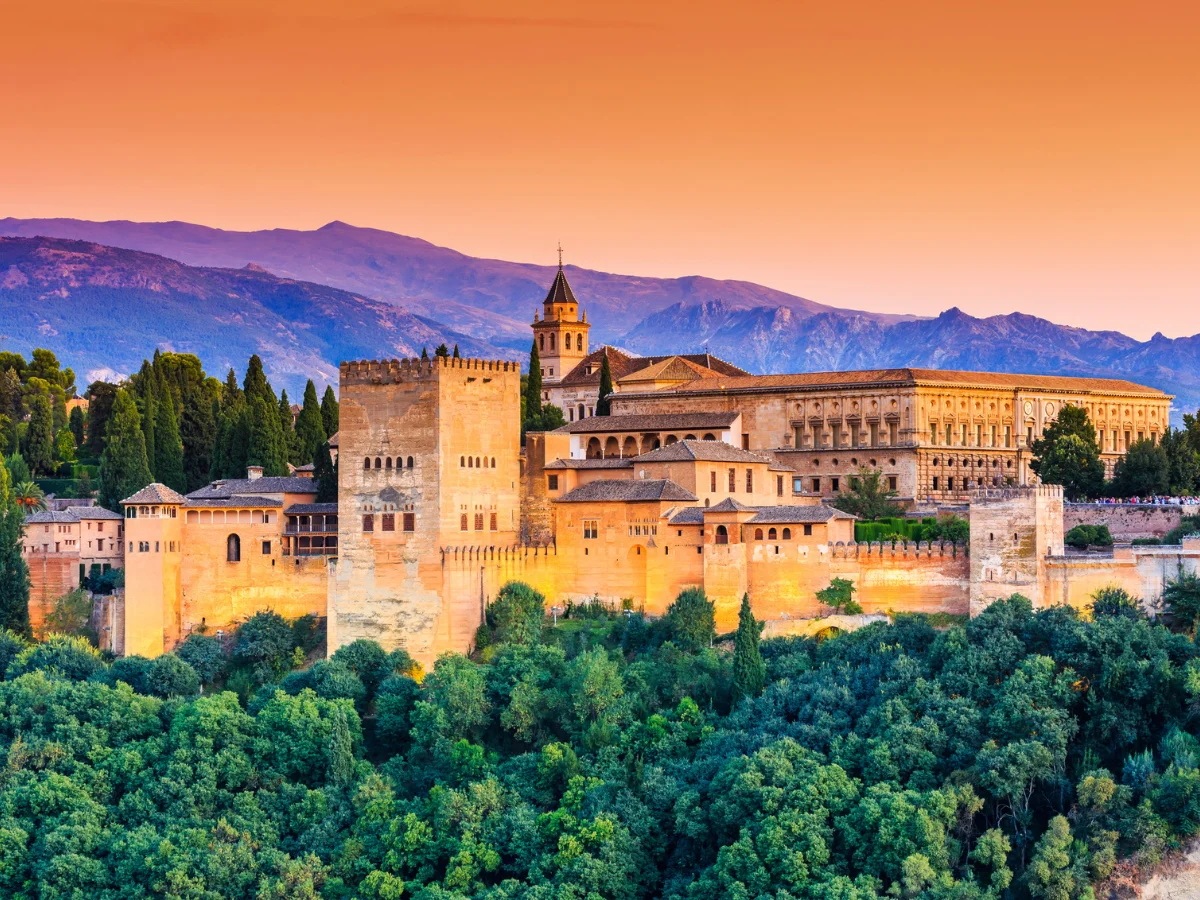The Kingdom of Castile
The Kingdom of Castile, forged through conquest and alliances, rose to prominence in medieval Spain. From its origins as a county, Castile expanded its territory southward, consolidating power. Strategic marriages and military campaigns bolstered its influence. Castile played a key role in the Reconquista, reclaiming land from Muslim rule. The marriage of Isabella I and Ferdinand II united Castile with Aragon, leading to the formation of Spain.

Ancient Spain: The Kingdom of Castile
Introduction: Rise of Castile in Medieval Spain
The Kingdom of Castile emerged as a dominant power in medieval Spain, playing a pivotal role in the country’s history. Founded in the 9th century AD, Castile expanded its territory through conquest and marriage alliances. Eventually becoming one of the most influential kingdoms on the Iberian Peninsula.
Founding and Early Expansion
Castile’s origins can be traced back to the County of Castile. Established during the Christian Reconquista of Spain from Muslim rule. Under the leadership of Count Fernán González, Castile gained autonomy from the Kingdom of León in the 10th century. Over time, Castile expanded its borders southward, capturing territories from the Moors and consolidating its control over central and northern Spain.
Consolidation of Power
Throughout the 11th and 12th centuries, Castile continued to strengthen its position through strategic alliances and military campaigns. The marriage of Ferdinand I of León and Queen Sancha of León and Castile united the crowns of Castile and León, laying the foundation for the future unification of Spain. Under the reign of Alfonso VI, Castile reached its zenith, extending its influence over vast swathes of territory, including Toledo, one of the most culturally significant cities in medieval Spain.
The Reconquista and the Fall of Moorish Spain
The Reconquista, or the Christian reconquest of Spain, was a defining feature of Castilian history. Castile played a leading role in this centuries-long campaign to recapture territories held by the Moors. The pivotal Battle of Las Navas de Tolosa in 1212 marked a turning point, leading to the gradual decline of Muslim rule in the Iberian Peninsula. Castile’s victories in battles such as the Siege of Seville and the conquest of Córdoba and Jaén further weakened Moorish power. Eventually culminating in the fall of Granada in 1492.
The Kingdom of Castile in Ancient Spain: A Historical Overview
Golden Age of Castile
The late Middle Ages and early Renaissance are often regarded as the golden age of Castile. The reign of Ferdinand III and his successors saw the kingdom experience unprecedented economic prosperity, cultural flourishing, and territorial expansion. The development of trade routes, particularly with the Americas following the voyages of Christopher Columbus, enriched Castilian coffers and solidified its status as a major European power.
The Union of Castile and Aragon
One of the most significant events in Castilian history was the marriage of Queen Isabella I of Castile and King Ferdinand II of Aragon in 1469. This union, known as the Catholic Monarchs, laid the groundwork for the unification of Spain. Through a combination of military conquests and diplomatic maneuvering, Castile and Aragon completed the Reconquista, expelled the Jews and Muslims from Spain, and established a centralized monarchy.
Legacy and Impact
The legacy of Castile in ancient Spain is profound and enduring. Its contributions to the Reconquista, the union of Spain, and the exploration of the New World shaped the course of European history. Castilian Spanish became the dominant language of Spain and spread across the globe through colonization. The cultural heritage of Castile, from its medieval castles to its vibrant art and literature, continues to be celebrated and preserved to this day, serving as a testament to its rich and storied past.
Conclusion
The Kingdom of Castile stands as a testament to the resilience, ambition, and ingenuity of medieval Spain. From its humble beginnings as a county on the frontier of Christian Europe to its position as a dominant power on the Iberian Peninsula, Castile played a central role in shaping the destiny of Spain and beyond. Though the kingdom may have faded into history, its legacy lives on in the language, culture, and identity of modern Spain, a reminder of the enduring impact of its medieval past.



